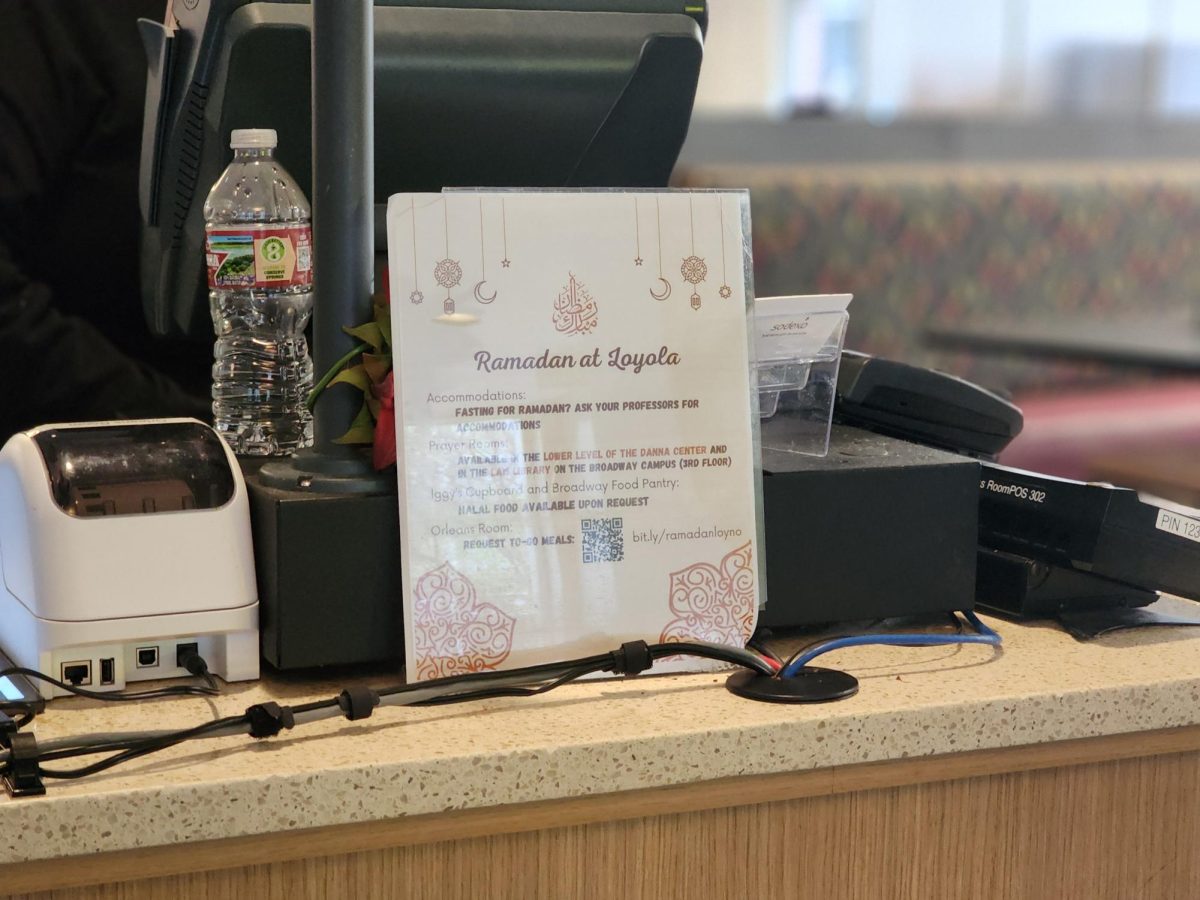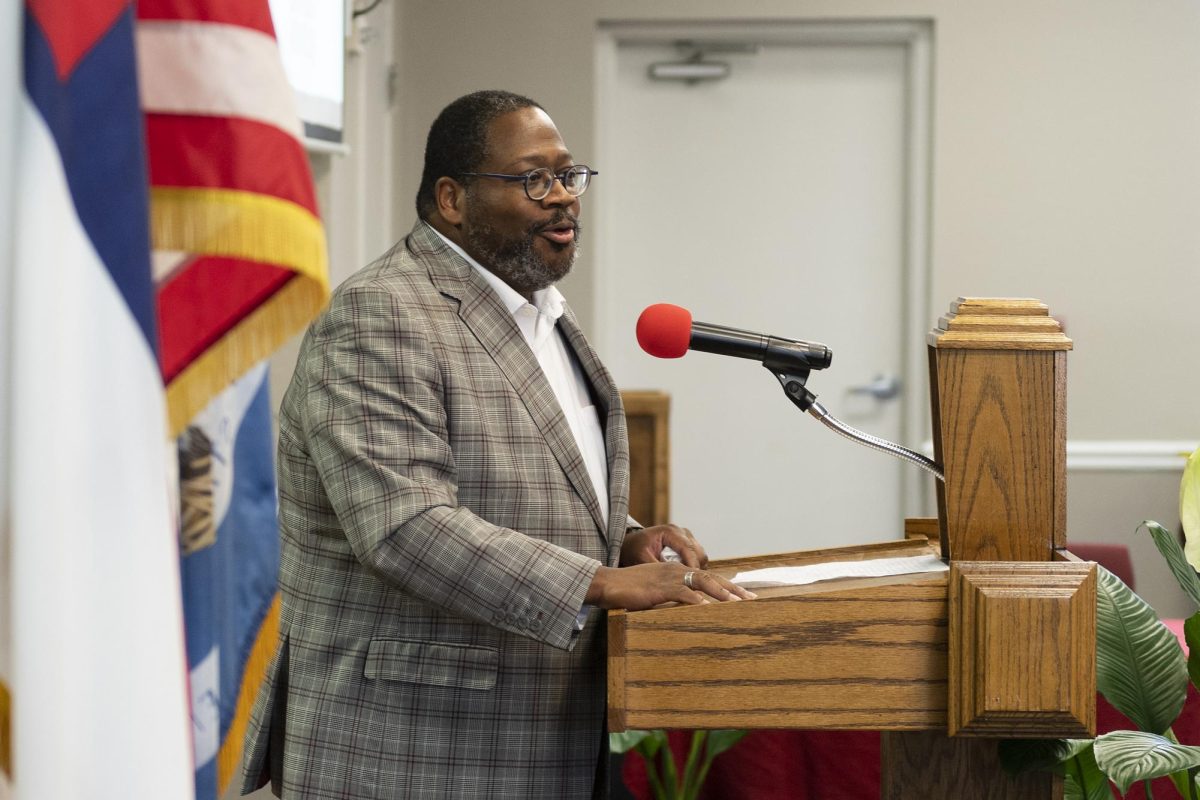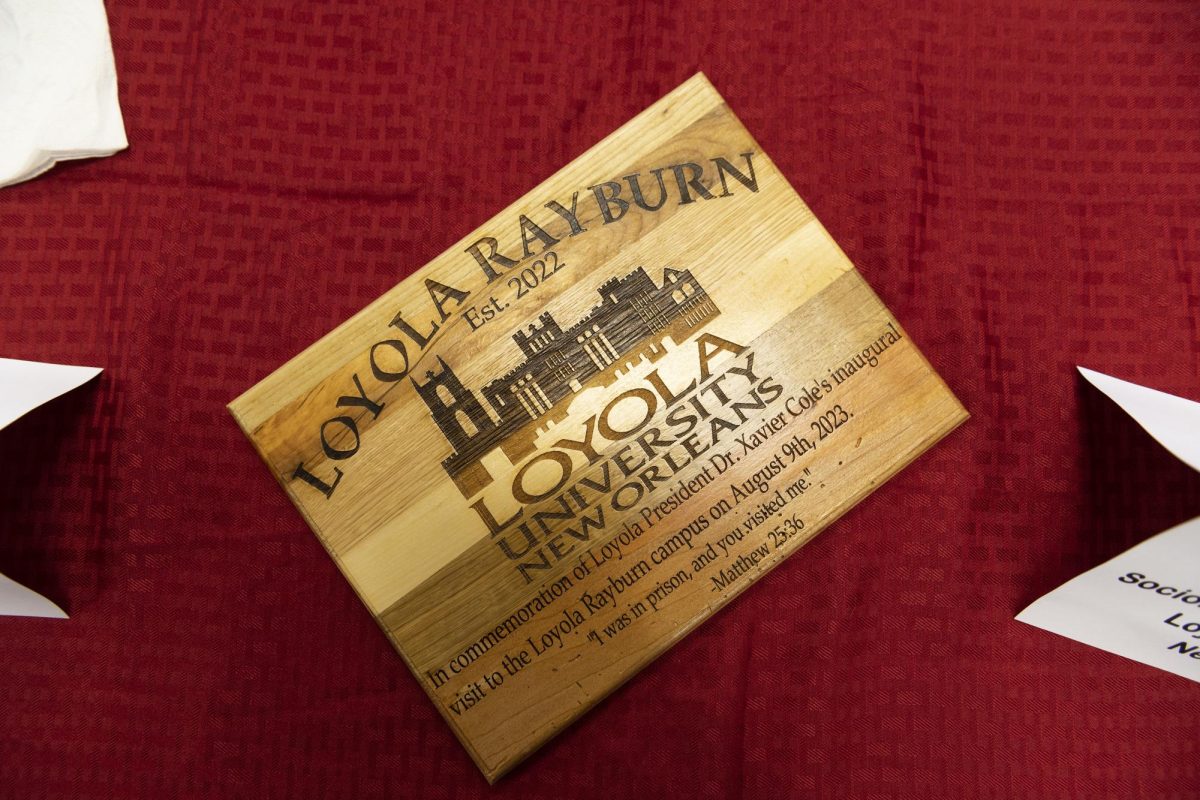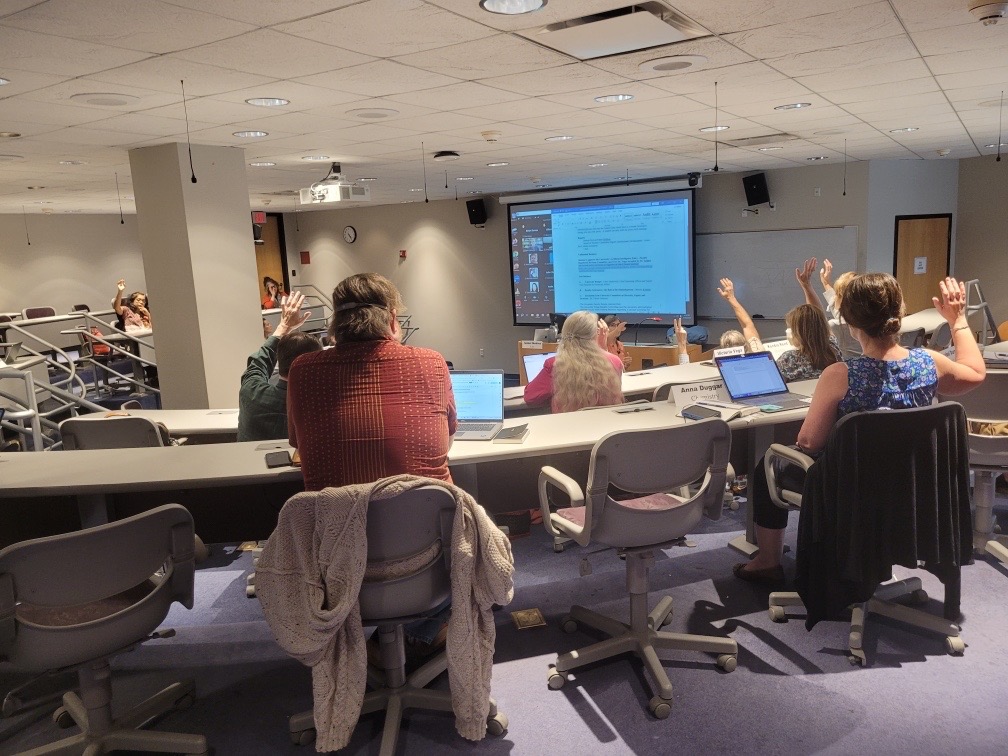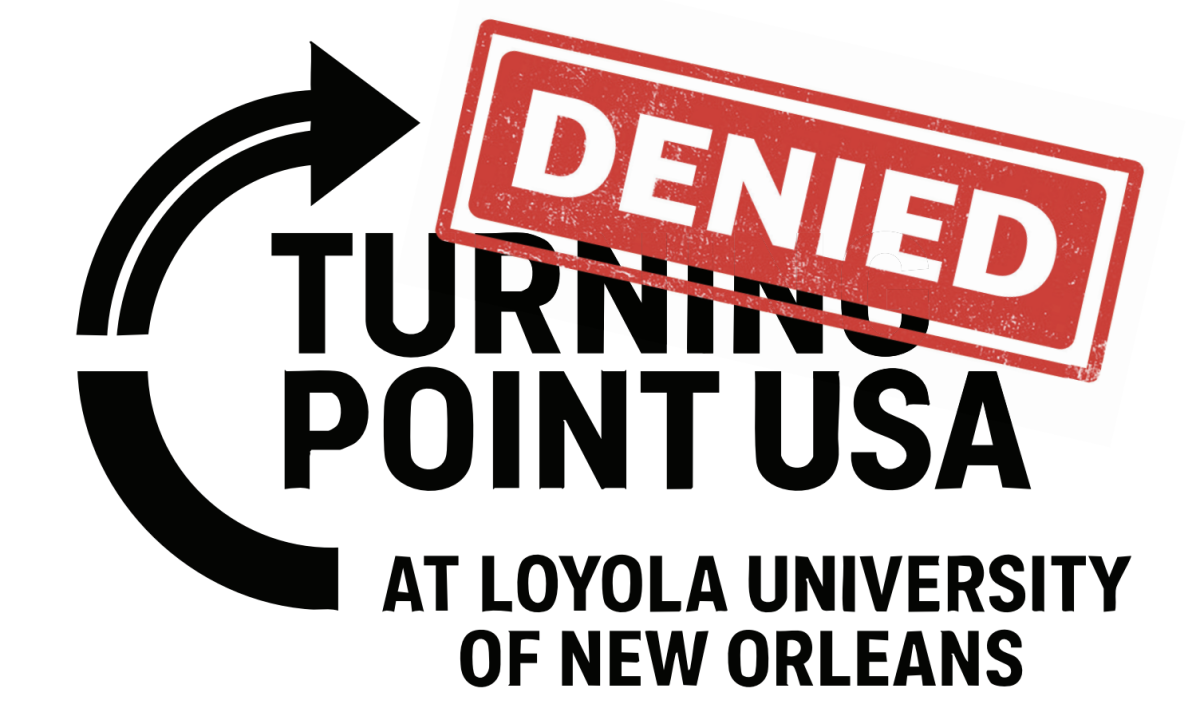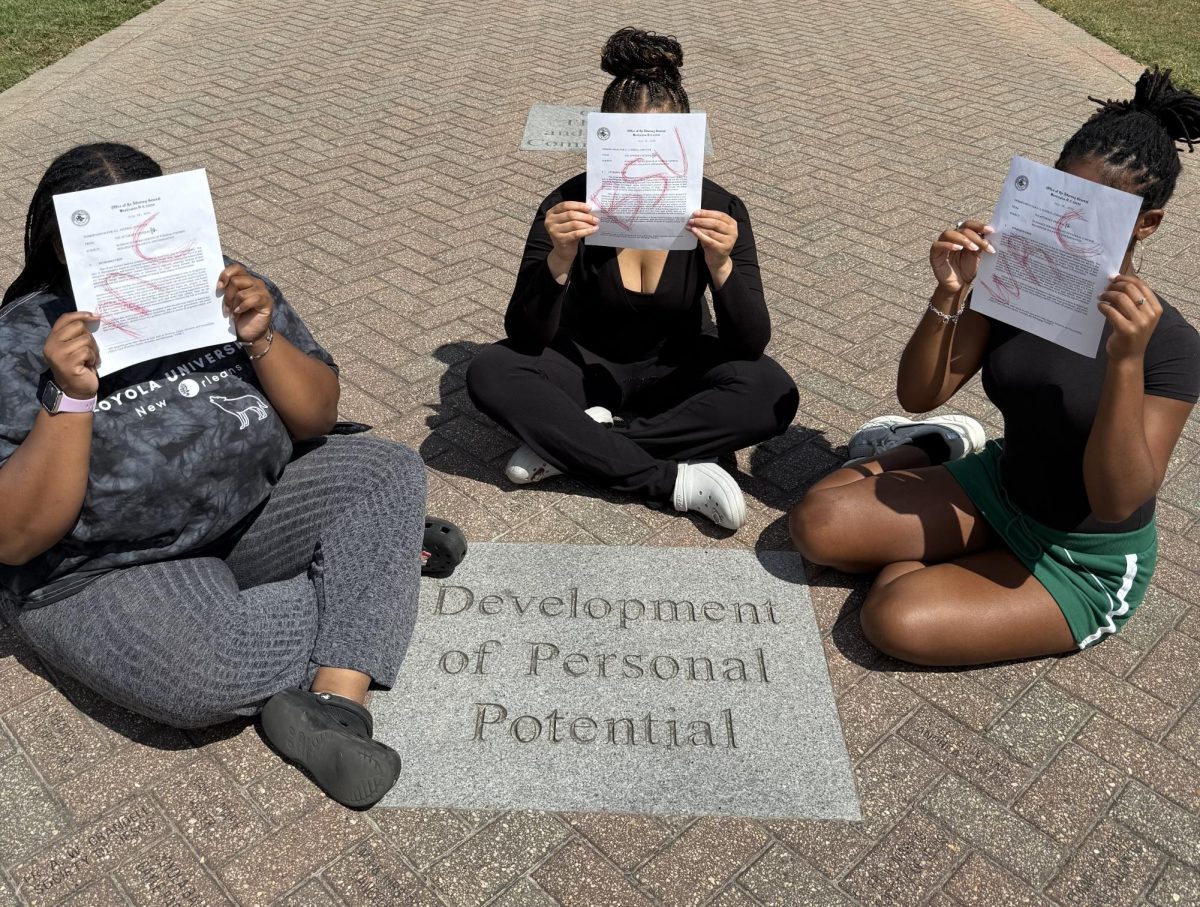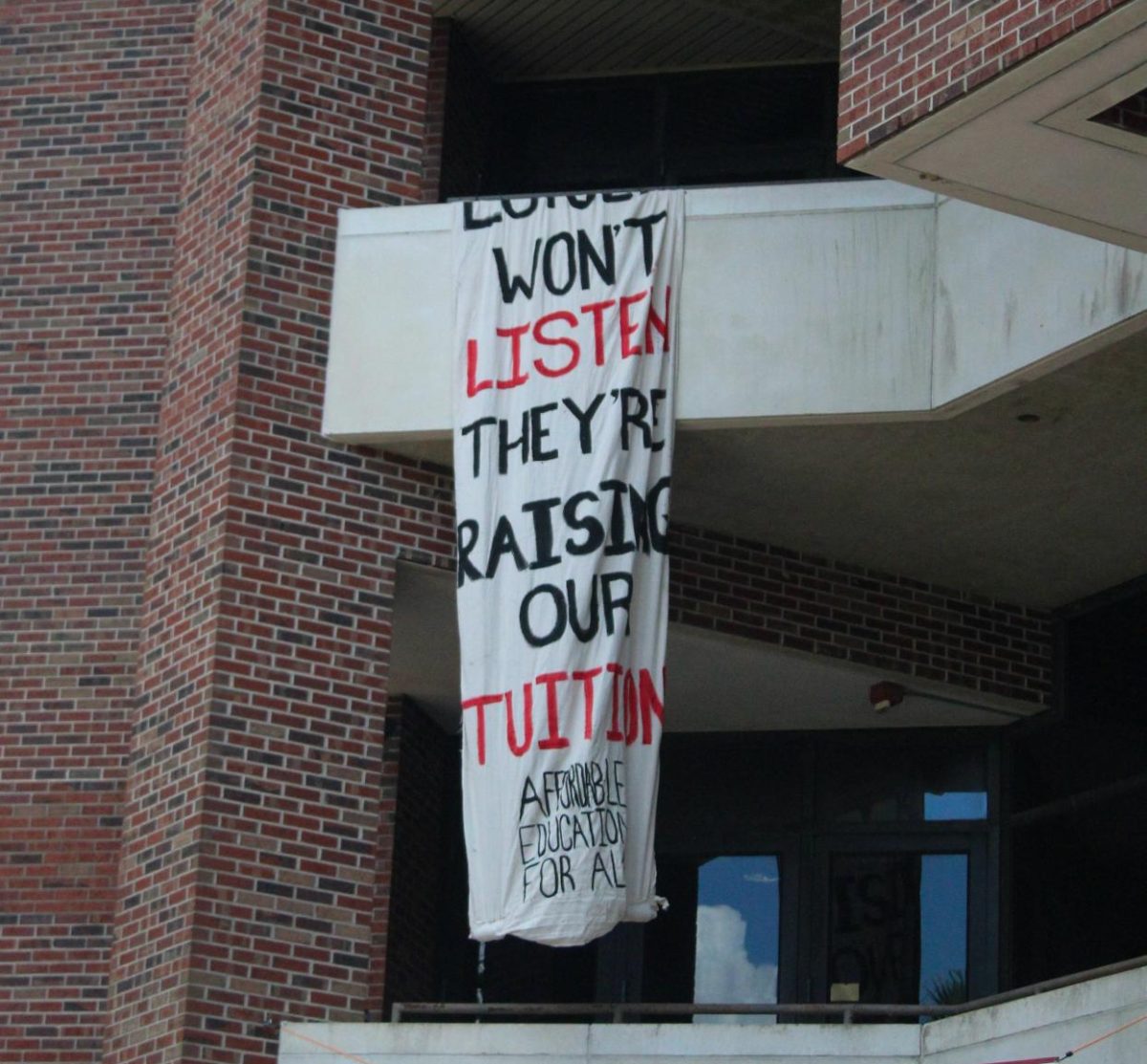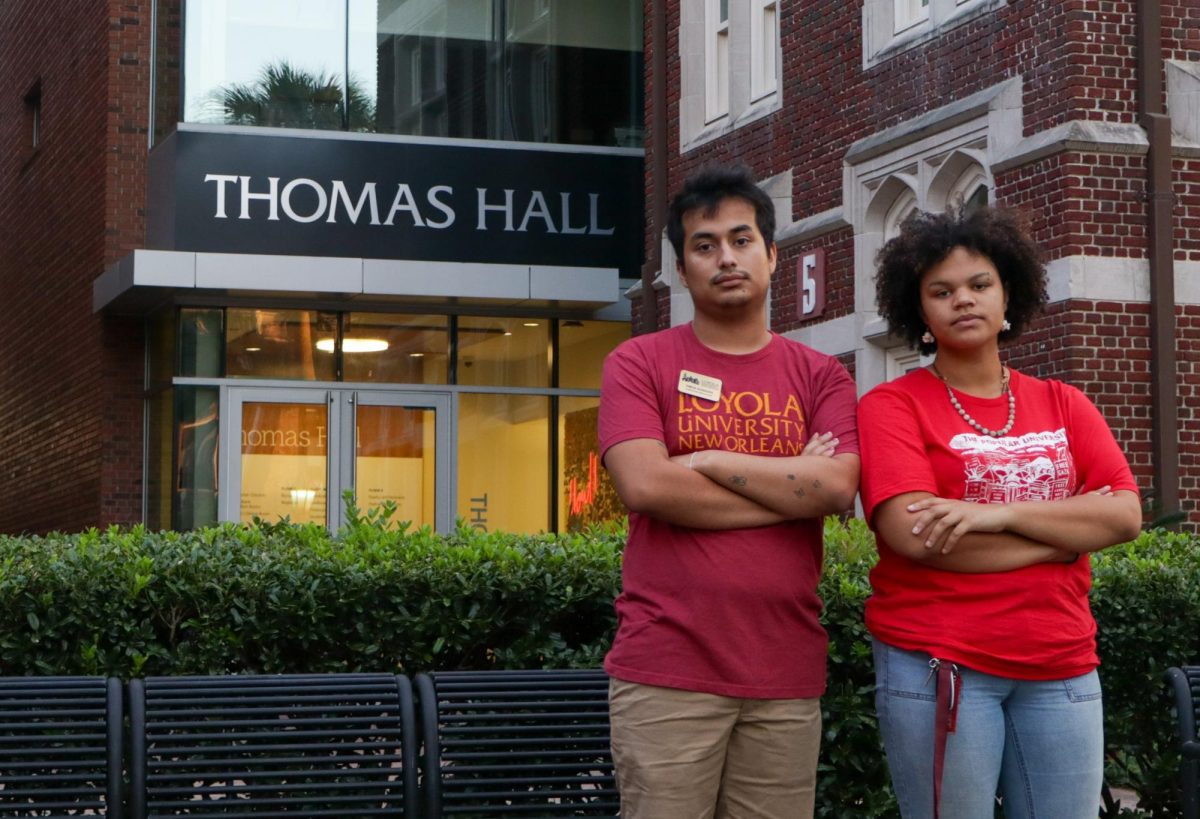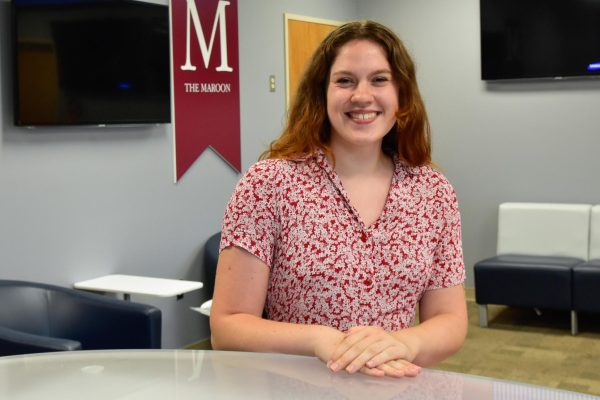Computer science senior Zaynab Zeini’s favorite part of Ramadan is breaking her fast with her friends. “It feels more like ‘Oh my god,’ we’re all celebrating together or choosing to come here and do this together,” Zeini said.
The month of Ramadan celebrates when the first verses of the Quran were revealed to the Prophet Muhammad. Muslims around the world, and here at Loyola, observe Ramadan by fasting, focusing on community, and bettering themselves through things like prayer.
Gabrielle Smith, political science sophomore, observes Ramadan by fasting, praying, memorizing the Quran, and avoiding “idle wastes of time,” like movies and music.
For Smith, Ramadan is about remembering God and her place in the world.
Loyola provides some accommodations and resources for students during Ramadan primarily through Student Affairs and Student Life and Ministry.
Ken Weber said there are two interfaith prayer rooms on both campuses, halal food in Iggy’s Cupboard and Broadway Activities Center, and take-out meals from the Orleans Room available on request. Students can also get accommodations from professors for religious absences.
Zeini said, “I feel pretty supported and I have pretty supportive teachers.” She continued to say that she thinks the OR take-out meals are a good resource for on-campus students.
According to Zeini, she wants to see professors be more accommodating to Muslim students during Ramadan.
She said, “I know there’s going to be some days where it’s going to be pretty exhausting and feel really bad physically bad,” in reference to attending classes during Ramadan.
Smith said that she is worried about Eid, the culmination of Ramadan, because she feels unsure if her professors will excuse her absence from classes in order for her to take part in the celebration.
Executive Assistant to the Provost Kurt Bindewald said, “All accommodations, including those for religious observances, must be discussed and agreed to sufficiently in advance between a student and individual professors.”
He continued to say that students who feel that a religious absence that is covered by Loyola policies is not allowed by a professor should reach out to their advisor and the dean of their college.
Bindewald said, “The key to this and all special accommodations is timely communication between a student and a professor.”
Smith said that while she appreciates the support that Loyola gives to students during Ramadan, she thinks that the university needs to do more and not just during Ramadan.
Smith feels that “it is very clear that the administration and faculty and students have some very harmful attitudes towards Muslims in the rest of the year.”
Vice President of Marketing and Communications Rachel Hoormann said in response to statements regarding the university’s perceived lack of support for Muslim students that “all students should be confident that the university supports their basic needs through our campus services.”
Both Smith and Zeini expressed how Ramadan is different for them this year because of what Palestinian people are going through in Palestine.
Smith said, “I’m just grateful for literally like a bite of food that I have, because [people in Palestine] are fasting, and then they have nothing to break their fast with. They have no clean water. They have the most littlest bits of food, and it’s horrifying.”
Zeini said, “I don’t go a day without thinking about [Palestine] or actively engaging with it. Seeing everything that’s coming out of there and what they’re going through, they’re kind of at the forefront of my mind.”
“We feel like we’re screaming into an abyss when faculty and administration straight up denies it,” Smith said.


